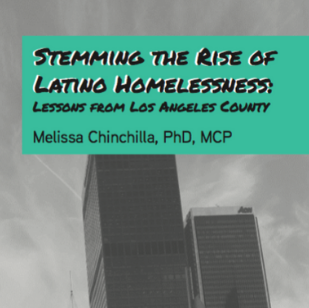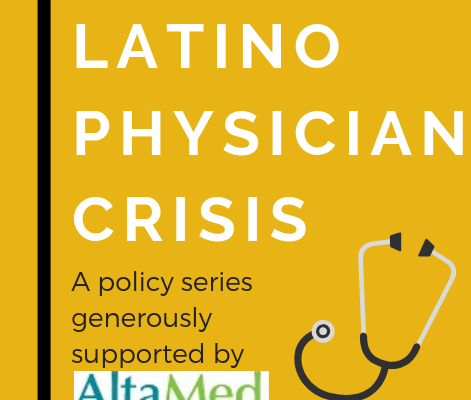Posts

Stemming the Rise of Latino Homelessness: Lessons from Los Angeles County [LPPI Report]
Earlier this year, in collaboration with Dr. Melissa Chinchilla,…

UCLA LPPI Study Identifies Barriers Latino Students Face When Pursuing a Medical Career in California
UCLA Latino Policy and Politics Initiative study finds…

